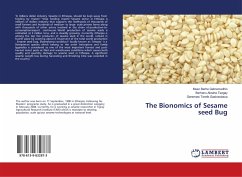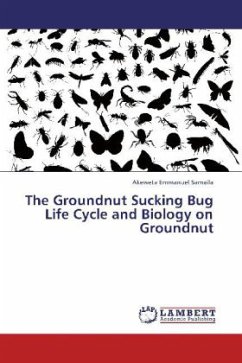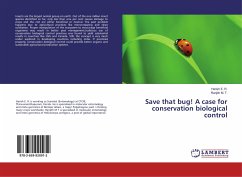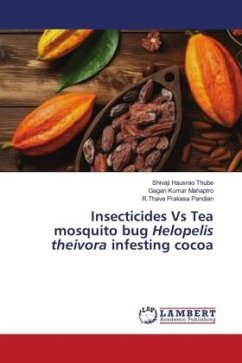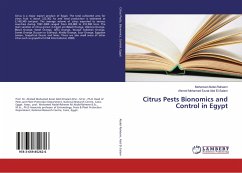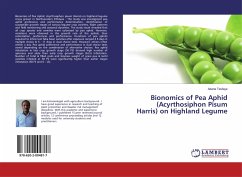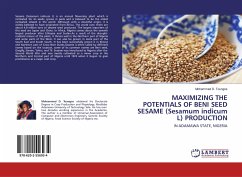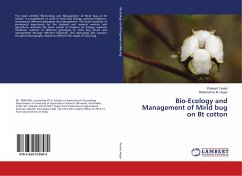"A millions dollar industry, Sesame in Ethiopia, should be kept away from feeding by Insects" "Stop feeding insects" Sesame sector in Ethiopia is millions of dollars industry that supports the livelihoods of thousands of small farmers and hundreds of medium- to large- scale private farms along with thousands of other actors involved in the chain of production-to-consumption/export continuum. World production of sesame seeds is estimated at 3 million tons, and is steadily growing. Currently, Ethiopia is among the top five producers of sesame seed in the world, ranked in fourth place by covering about 8.18 percent of the total world production . Sesame seed bug, Elasmolomus sordidus F. locally known as 'Setayto' is a Hemipteran species which belong to the order hetroptera and family lygaeidea is considered as one of the most important harvest and post-harvest insect pests at filed and warehouses conditions which causes both quality and quantity damage to sesame seed in Ethiopia. A significant sesame weight loss during harvesting and threshing time was recorded in the country.
Bitte wählen Sie Ihr Anliegen aus.
Rechnungen
Retourenschein anfordern
Bestellstatus
Storno

